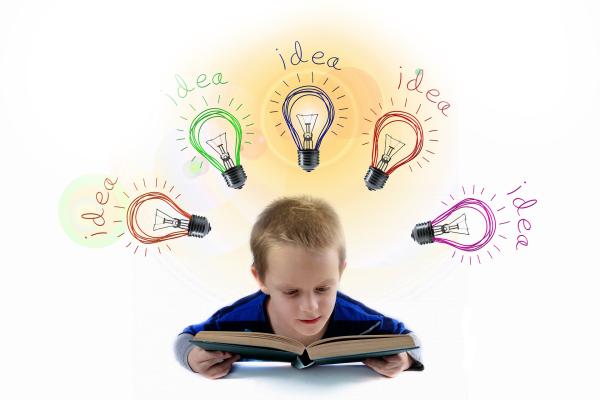It was inevitable that Amazon, the tech company that has eaten up retail, has turned its eye to another field to disrupt, healthcare.
“With its new service, the company appears to be applying the same principles that made it so successful as a retailer: easy access, rapid delivery, competitive pricing—hard-to-refuse conveniences that appeal to humans’ inherent laziness, for sure, but which might also make good health care more affordable in a system divided between the haves and have-nots.”
Most of the criticism of Amazon’s entry has to do with issues of privacy. Although bound by HIPAA rules, there is nothing to stop Amazon’s health “tentacle” from signing a sharing agreement with their analytics. This article from Wired, Amazon’s Creep Into Health Care Has Some Experts Spooked speaks to those concerns. What is never mentioned is the loss of connection between your physician and you. That is medicine’s secret sauce.
Climate change remains a controversial issue; if not concern about its existence, then certainly disagreements as to what is to be done. Much of the debunking on either side of the discussion comes down to our sense of certainty. That question of “certainty” in science has been writ large by COVID. This video considers how we might think about certainty, and its lessons extend beyond the topic of climate science.
“Irving Nachumsohn was born in New Jersey in 1902. His mother Tamara grew up in Vilna, a Jewish neighborhood in Vilnius, Lithuania. On Friday nights, her mother, Nachumsohn’s grandmother, would make cholent. She would fill a crock with pastrami shtickel, vegetables, and beans, and have Tamara take it to the local bakery to cook slowly overnight in the bakery oven’s cooling heat, nestled alongside dozens of other neighborhood families’ pots.
Nachumsohn was a born inventor. He invented an electric frying pan, the hula lamp (an early version of the lava lamp), and the TeleSign (an electronic news scroller). He was so prolific in fact, that he decided it was easier and cheaper to pass the patent bar himself so he could act as his own lawyer. During the long hot summer of 1936, he set out to solve the problem of cooking beans without having to stand over a hob or leave an oven pumping heat out into the house. He remembered the cholent his mother had told him about and, as with his previous inventions, applied electricity to the issue. He applied for a patent for the “Naxon Beanery” …an electric cooking pot with a fixed chamber and internal heating element. It was the world’s first electric slow cooker.”
Cooking remains a cultural touchpoint. The story of the slow cooker is partly a tale of liberation from the tyranny of making meals every day and from precision in recipes. It is perhaps one of the only domestic timesavers that actually saves us time. From Longreads, Life in the Slow Lane
As the Medicare enrollment period gratefully ended, I was struck by the commercials for healthcare sharing ministries (HCSM). I have always wanted to investigate and write about them, but the Incidental Economist beat me to it.
“HCSMs are not health insurance; they are cost-sharing organizations. The idea is that members help each other directly cover medical costs. Members pay monthly contributions, similar to premiums, but can also make additional donations to cover specific bills from other members.”
For those with a bit of interest, Why some choose health care sharing ministrie




